- Empty cart.
- Continue Shopping
Sambrani (Commiphora Agallocha)
₹370.00 Original price was: ₹370.00.₹230.00Current price is: ₹230.00.
Genus : Boswellia
Sambrani (Commiphora Agallocha) is a fragrant plant known for its aromatic properties. It is commonly used in incense and rituals for its calming and purifying effects. The resin from the Sambrani plant releases a pleasant fragrance when burned, creating a serene atmosphere. Grow this plant in your home or garden and enjoy the soothing aroma it offers.
Out of stock
Commiphora agallocha, also known as guggul or Indian bdellium-tree, is a small tree that belongs to the Burseraceae family. It is native to India and can be found growing in arid and semi-arid regions.
The tree has a short, thick trunk with few branches and can reach up to 4 meters in height. The leaves are small and deciduous, and the flowers are yellow-green and bloom in clusters at the ends of the branches. The fruit is a small, round drupe that contains a single seed.
In traditional Ayurvedic medicine, Commiphora agallocha has been used to treat a variety of ailments, including arthritis, skin diseases, and digestive disorders. The resin of the tree, known as guggul or guggulu, has been found to have anti-inflammatory, antioxidant, and cholesterol-lowering properties.
Guggul is widely used in traditional medicine and has been studied extensively for its therapeutic potential. It has been found to be effective in treating a range of conditions, including obesity, diabetes, and hyperlipidemia. It has also been found to have anticancer properties and may be useful in the prevention and treatment of certain types of cancer.
Commiphora agallocha is relatively easy to grow and can be propagated by seed or by stem cuttings. It prefers a warm, dry climate and well-drained soil. The resin is collected by making incisions in the bark of the tree, and the resin is then collected and processed into various forms for use in traditional medicine.
Overall, Commiphora agallocha is a valuable medicinal plant with a long history of use in traditional medicine, and its therapeutic potential continues to be explored through scientific research


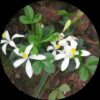

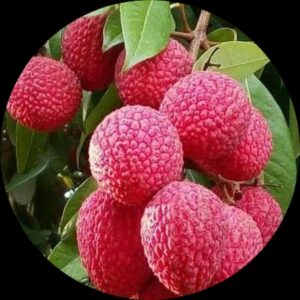
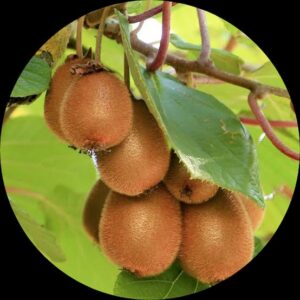

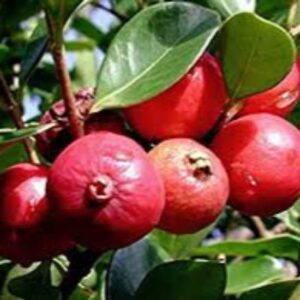
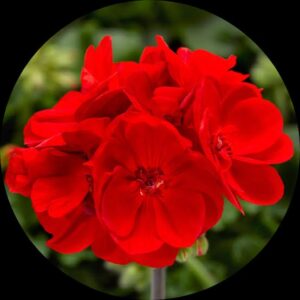

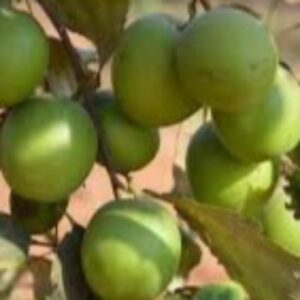

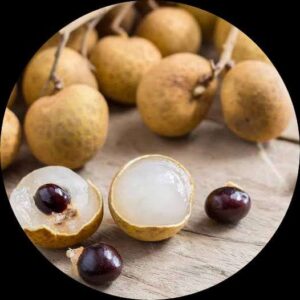
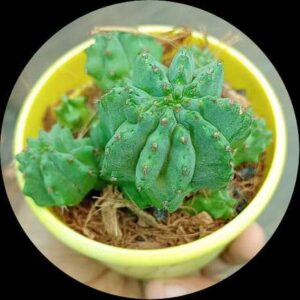
Reviews
There are no reviews yet.